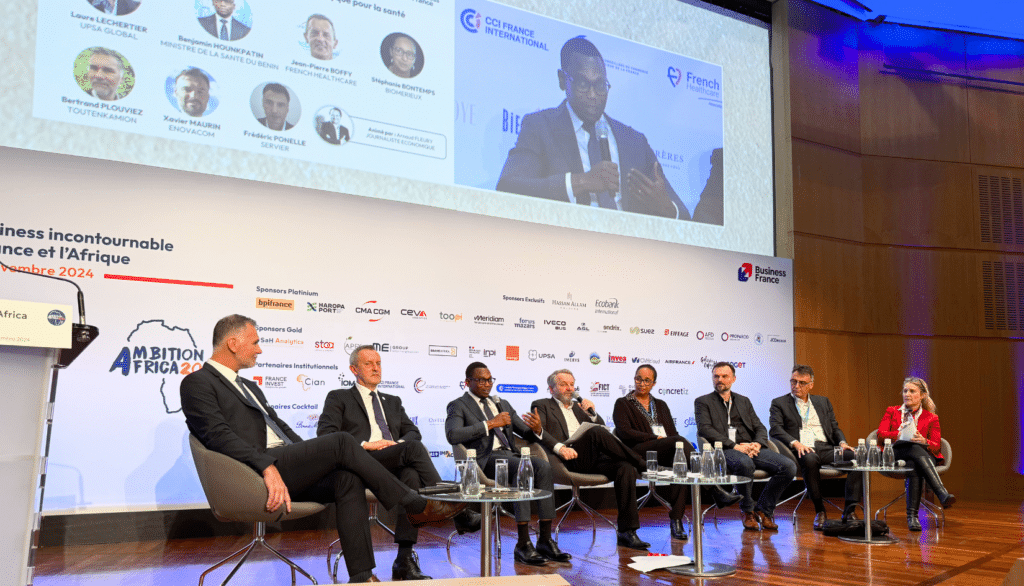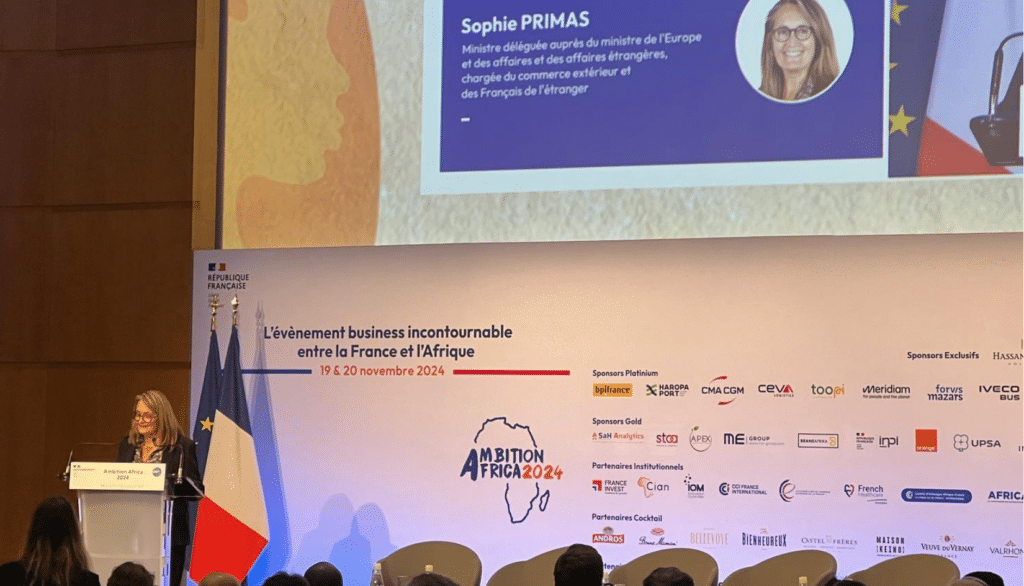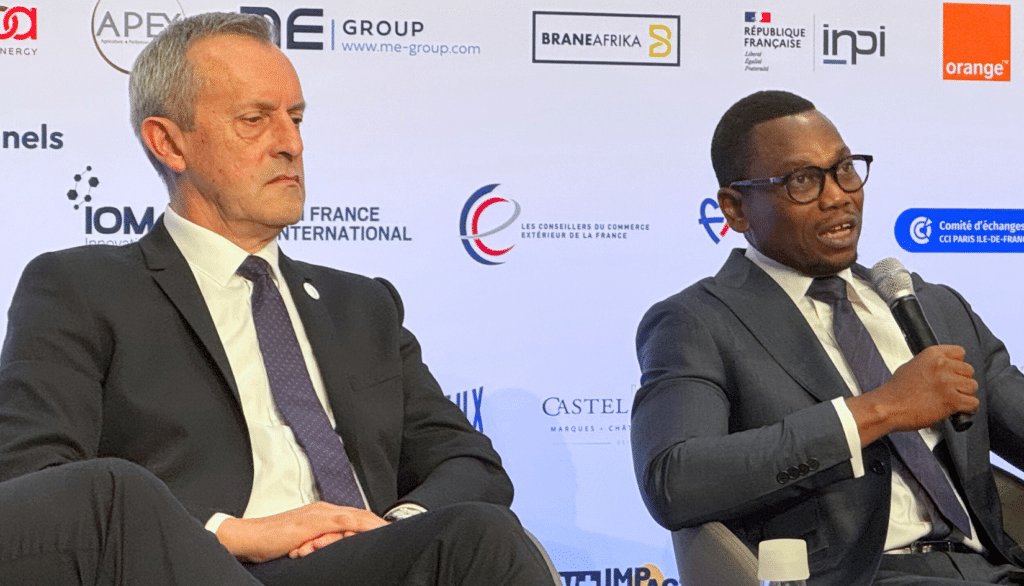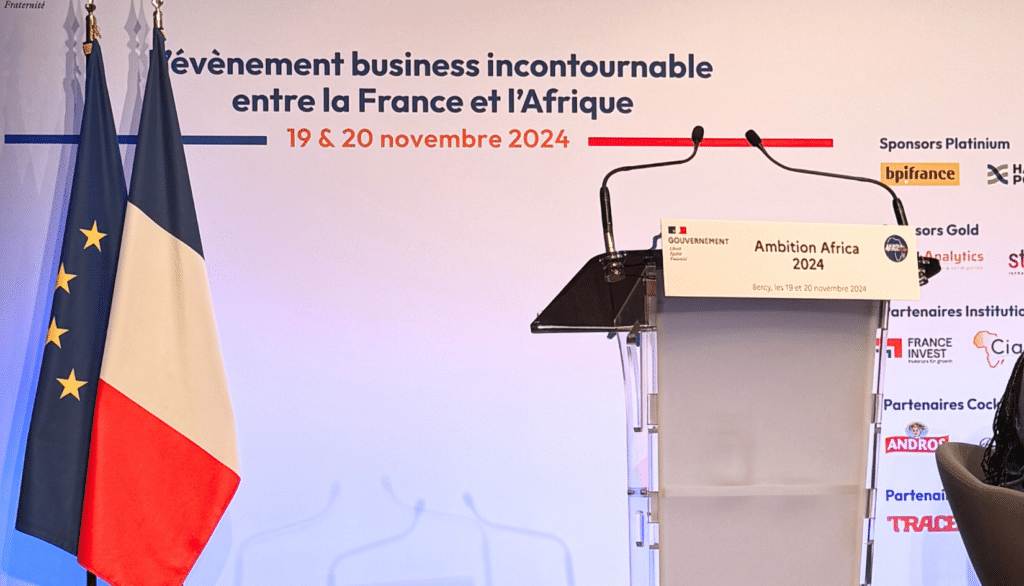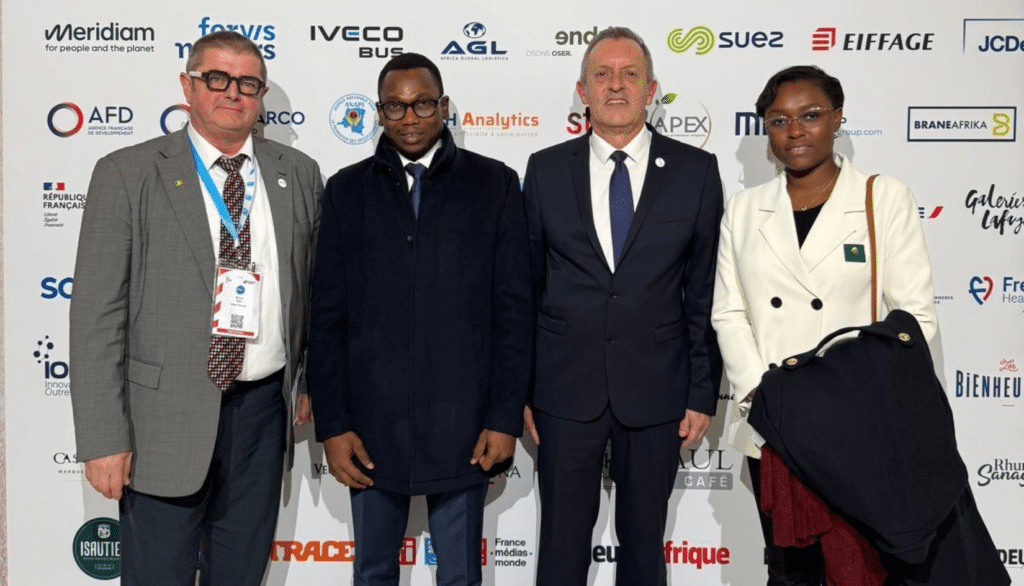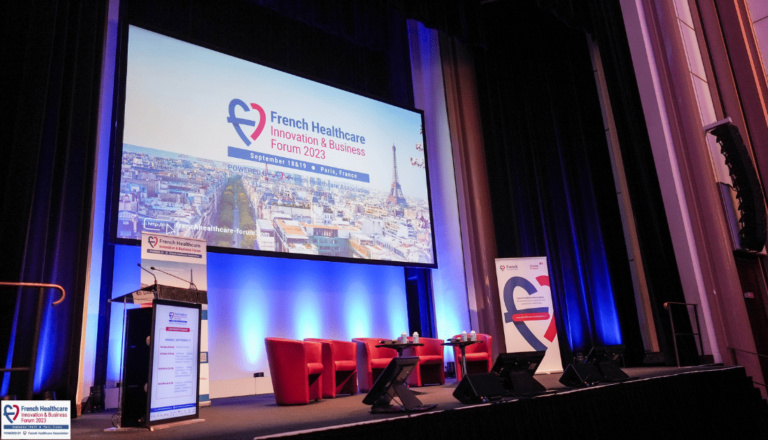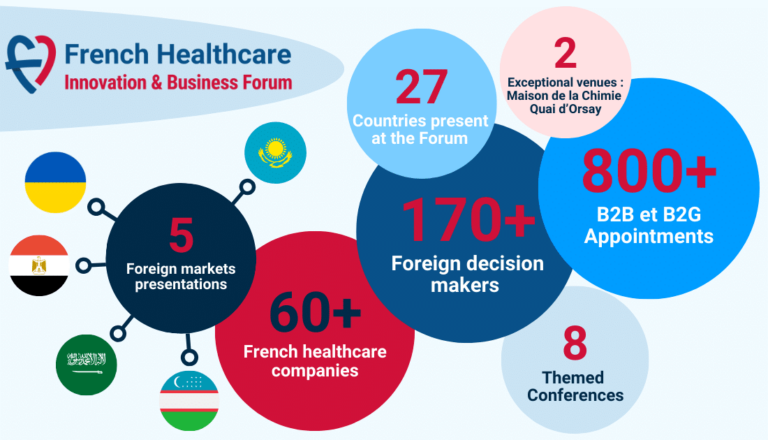As part of Ambition Africa, the flagship event organised by Business France to promote economic exchanges between France and Africa, French Healthcare Association organised a round-table discussion on healthcare entitled ‘Innovating to prevent, provide care and build the future.
The event, held as part of Ambition Africa 2024 highlighted innovative initiatives and solid partnerships between French healthcare players and local African players, both public and private.
Bringing together leading experts, the session aimed to present concrete solutions to the challenges facing African healthcare systems, through innovative approaches ranging from diagnosis and training to infrastructure and digitisation.
Working together to meet the specific health challenges in Africa
This round-table discussion highlighted the success stories of French players operating in Africa, as well as collaborations with African partners. Focusing on responses to local health issues, this session was structured around three main themes:
Le diagnostic : premier pilier dans la lutte contre les épidémies et maladies infectieuses
Speaker : Stéphanie Bontemps, Head of Marketing / Africa – bioMérieux
In vitro diagnostics (IVD) is a key element in preventing epidemics and managing infectious diseases in Africa, where diseases such as malaria, tuberculosis and respiratory infections remain major challenges.
- The importance of early diagnosis: Stéphanie Bontemps emphasised the crucial role played by early detection of diseases, enabling targeted and immediate intervention.
- A global impact on public health: By detecting diseases in their early stages, the IVD helps to improve patient care, reduce mortality rates and contain epidemics before they become widespread.
- The French approach: bioMérieux illustrated how France’s diagnostics strategy supports African public health policies, providing innovative solutions for effective and sustainable responses to health crises.
Infrastructure and mobile health: innovating to improve access to healthcare
Speakers : Jean-Pierre Boffy (French Healthcare Association), Bertrand Plouviez (Toutenkamion Group), Xavier Maurin (Enovacom)
Healthcare infrastructure and mobile or digital healthcare equipment are essential to meet the needs of populations, particularly in rural and under-medicalised areas. The speakers shared innovative solutions adapted to local contexts:
- Mobile units serving remote areas: Toutenkamion Group presented its mobile health vehicles, which offer consultations, diagnoses and prevention campaigns directly to populations far from urban centres, in areas that are usually under-medicalised.
- Interoperability and digitisation: Enovacom highlighted solutions for improving data sharing between healthcare establishments, thereby strengthening patient coordination and monitoring through interoperable systems.
- French synergies: The association highlighted the relevance of collaborative approaches to designing infrastructures tailored to the specific needs of African countries, integrating a complete value chain.
Continuing education and chronic diseases: a lever for the sustainability of healthcare systems
Speakers : Frédéric Ponelle (Managing Director, Servier West and Center Africa), Jean-Pierre Boffy (French Healthcare Association)
The training and education of healthcare professionals are key to strengthening healthcare systems in a sustainable way:
- Ongoing training: The speakers reiterated the importance of developing local skills through ongoing training programmes.
- The role of the pharmaceutical industry: Servier illustrated its commitment to improving adherence to treatment, by raising patients’ awareness and supporting a better patient-doctor relationship, particularly in the case of chronic diseases.
A collaborative vision for the future
It also demonstrated the power of the collaborative approach to preventing epidemics, improving access to healthcare through infrastructure and training healthcare professionals, with French healthcare players playing a leading role in partnership with local public and private institutions.
